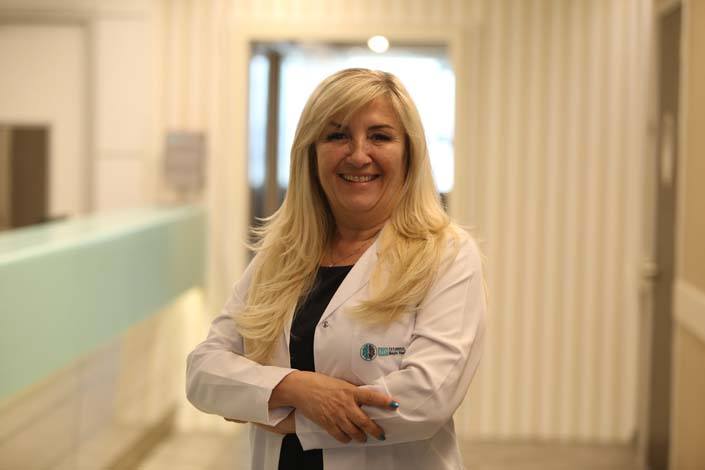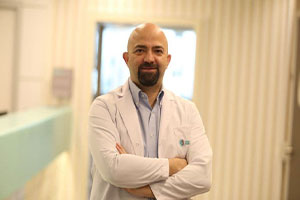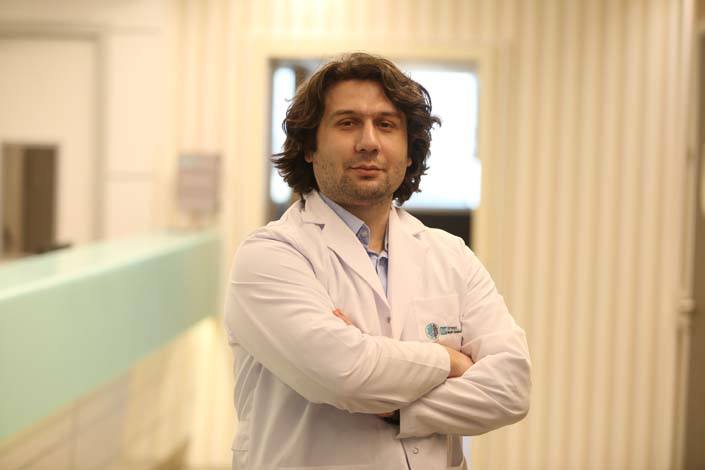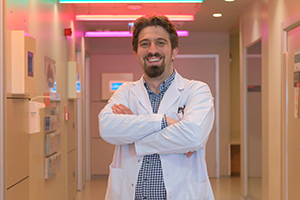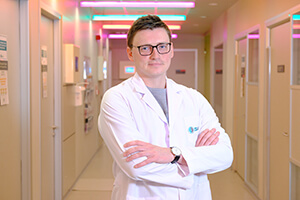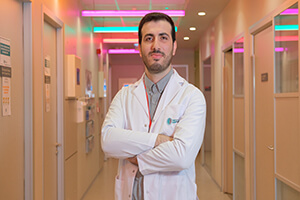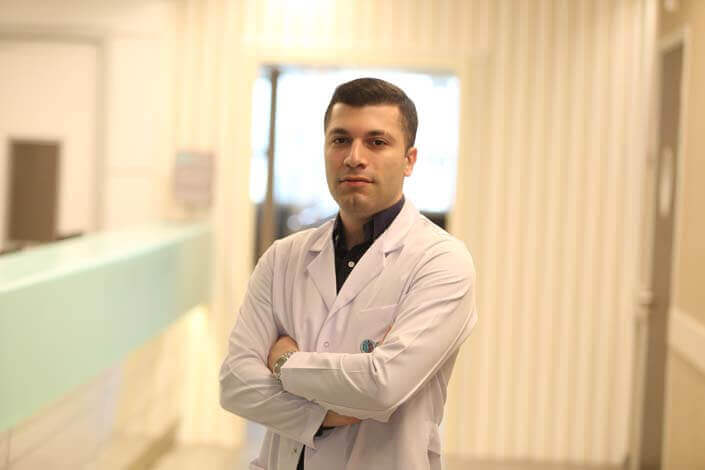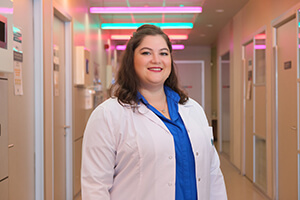Alcoholism

Alcoholism: This is illustrated by the physiological, behavioral and cognitive changes that occur during alcohol abuse with reference to the person’s previous behaviours.
- Although alcohol abuse has existed since the beginning of time, alcoholism has recently been seen as a disease and the term addiction has been first used with alcohol.
- Problems associated with alcohol abuse in secondary school are linked to the story of school difficulties. Since alcoholism is more prevalent in individuals who have left school or have more school absenteeism and also has in idividuals that have serious criminal records.
- About 200,000 deaths per year are directly related to alcoholism.
- The most common causes of death associated with alcoholism are self-destruction (suicide), cancer, heart and liver disease.
- Although fatal accidents do not always involve alcoholism, drivers under the effect of alcohol take the responsibility of about half of those accidents
- 50% of murders and 25% of suicide cases are related to alcohol or alcohol abuse.
- As alcoholism reduces the life expectancy of a person by 10 years, and in the case of death is associated with substances, alcohol tends to be the first possibility.
The most common psychiatric diagnoses associated with alcoholism are:
- Disorders related to other substances
- Anti-social personality disorders
- Disbalance in emotional states, anxiety.
Although the above data is controversial, it is suggested that people who are addicted to alcohol have a higher suicide rate than the general population.
How do you understand alcohol addiction?
Alcohol-addicted patients who get heavily drunk, those who go to the doctor because of their living problems, and those who enter the hospital due to severe biological symptoms, are a small part of all alcoholics.
It is important that the doctor quickly identifies any early diagnosis of the problem of alcoholism.
If the doctor has results and data such as physical examination and laboratory tests, you may consider that the person is addicted to alcohol and can deepen the story in this regard.
- Archos Sinalis
- Red nose
- Palmar erythema
- Cigarettes burn on the fingers
- Painless growth in cystic KC
- Severe abdominal pain (due to pancreatitis)
- Weak arms and legs
- Decrease in strength and feeling
- The laboratory results include high GGT and low ECV, triglyceride, uric acid, and urea.
What are the effects of alcohol?
Alcohol affects all the body’s cells, however it affects the brain most. Those effects appear first on behaviour.
It causes some changes in liver cells, the first collapse in alcohol addiction, leading to an increase in blood lipid levels.
It causes adverse effects on the pancreas and weakens glucose metabolism.
It has negative effects on the cells of the digestive system and also has an effect on the absorption of vitamins and nutrients.
Since alcohol addiction affects brain cells, it causes memory problems, sleep disorders, lose of control of emotions, and many other problems.
Most of these disorders, caused by alcoholism, are disorders that are likely to improve after alcohol abuse is cut off.
Is Alcohol Addiction hereditary?
The conclusion of the genetic view is that the risk of acute alcohol problems in the relatives of alcoholics is three or four times higher.
As the number of alcohol-dependent relatives increases, the rate of alcohol-related problems increases. The relationship between degree of kinship and severity of diseases is still under investigation.
Twin studies are one step in this regard, while family studies record a small distance without distinguishing between genetics and the environment.
In the near term, children are removed from their biological family and raised without knowledge of the problem at the biological site, while the similarity or compatibility rate of severe alcohol abuse is higher among those with alcohol-dependent parents.
How to Treat Alcohol Addiction?
Alcohol addiction (alcoholism) is a treatable brain disease. Simply quitting alcohol is not sufficient for the treatment process. Those suffering from alcholism should first accept and be willing to change their condition. We can list the treatment processes for alcohol addiction as follows:
- The person must be willing and determined for the treatment to yield positive results.
- While the individual addicted to alcohol is trying to transform themselves, their family should also be willing to adapt to these changes.
- Treatment is a long process and should last at least 1 year.
- Strategies to prevent relapse should be developed.
- Consistency is crucial during the treatment process.
- Medication and psychological therapies should be applied together since they complement each other.
- Personal development should be achieved, and new hobbies and activities should be acquired.
- Social life should be restructured.
- The individual should be confident on this path. Therefore, they should not test themselves.


